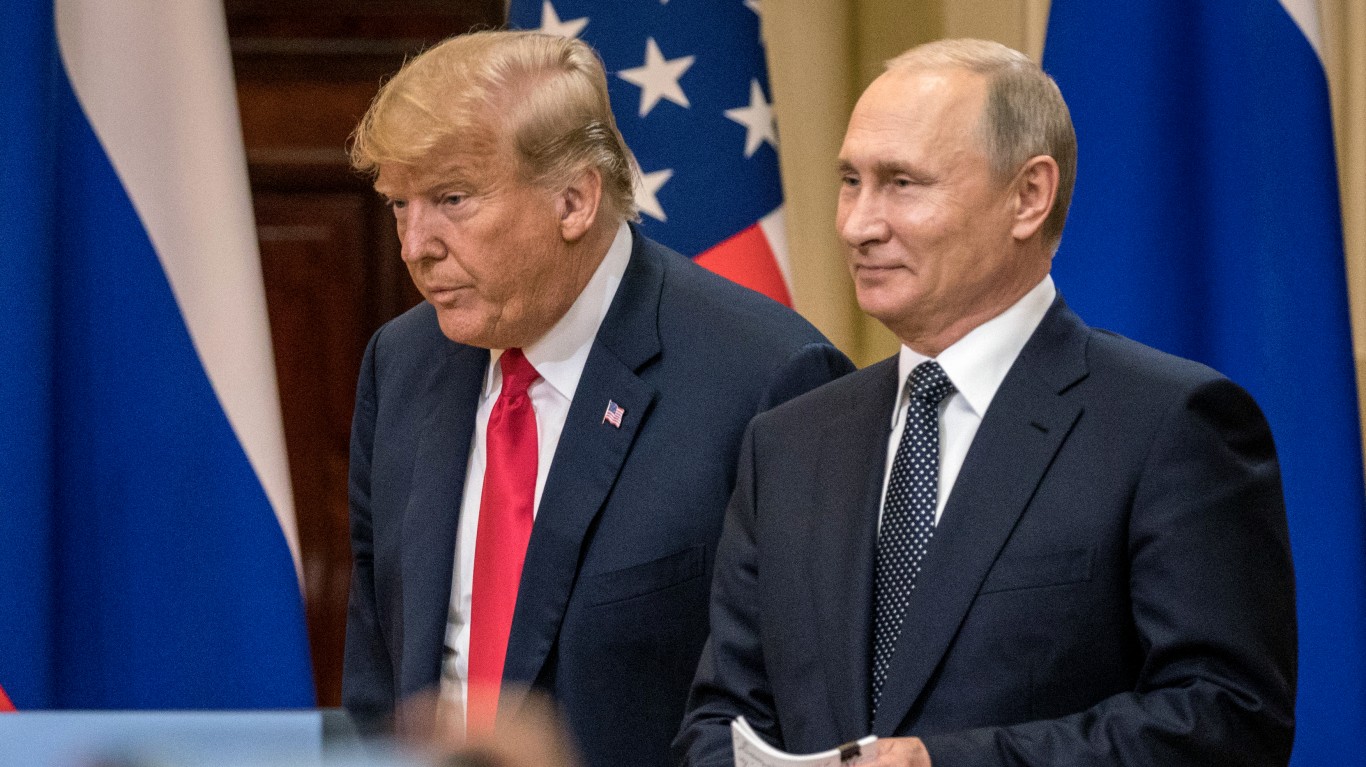
"Economic sanctions, while often intended to penalize nations, frequently yield adverse effects, especially on vulnerable populations, leading to significant suffering and loss of life."
"Countries have devised numerous strategies to circumvent sanctions, including utilizing alternative currencies, forming bilateral agreements, and employing third-party entities to facilitate trade."
"The historical context of economic sanctions illustrates a persistent pattern of ineffectiveness, leading to discussions about their ethical implications and the collateral damage they inflict on innocent civilians."
"The ongoing debate about sanctions underscores the complexities of international relations, questioning whether the intended pressure justifies the humanitarian costs incurred by affected populations."
The article discusses the complexities and impacts of economic sanctions, primarily imposed by the United States during international conflicts. While sanctions aim to induce behavioral change in targeted nations or individuals, they often fail to achieve their intended goals and disproportionately harm vulnerable populations. Countries frequently evade these restrictions through various means such as utilizing alternative currencies, third-party facilitation, and trade agreements. The ongoing effectiveness and moral implications of sanctions are contentious topics, as they often inflict extensive suffering, raising questions about their overall utility in foreign policy.
#economic-sanctions #international-relations #us-foreign-policy #humanitarian-impact #circumvention-strategies
Read at 24/7 Wall St.
Unable to calculate read time
Collection
[
|
...
]